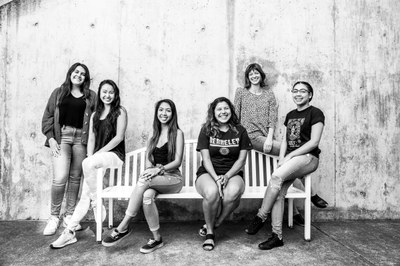Beth Ann Hart Ph.D. candidate in Sociology at UC Davis

For my project, “Running in Place," I wanted to understand how nonacademic obligations delayed or derailed students’ academic plans. I followed 30 community college students for two years—the expected time to completion for an associate degree—and asked students about their paid work, family obligations, housing, and income sources, along with their academic experiences.
I have seven fantastic undergraduate research assistants who are helping to move this project forward by cleaning these 115 semi-structured, in-depth interview transcripts, which have been partially transcribed by AI software. As a group, we meet weekly to discuss themes in the interviews by stepping back and asking: what is this person telling me? What is this interview about? From these guiding questions, we develop analytical insights about how students are both supported and constrained by their families, how college is not simply instrumental (earning higher wages) but moral (seen as “good”), or how students are continuously “flexing” to accommodate employers.
As former community college students ourselves, we enrich these conversations with our own experiences and think about the kinds of policies and programs that could help students move more smoothly through college.

From left to right: Shellsea Lomeli, Daphne Lun, Noelani Ruth Pastor, Susana Lopez, Beth Ann Hart, Essence Hori; other students not pictured: Martha Maria Arias-Harris, Esther Estrada
